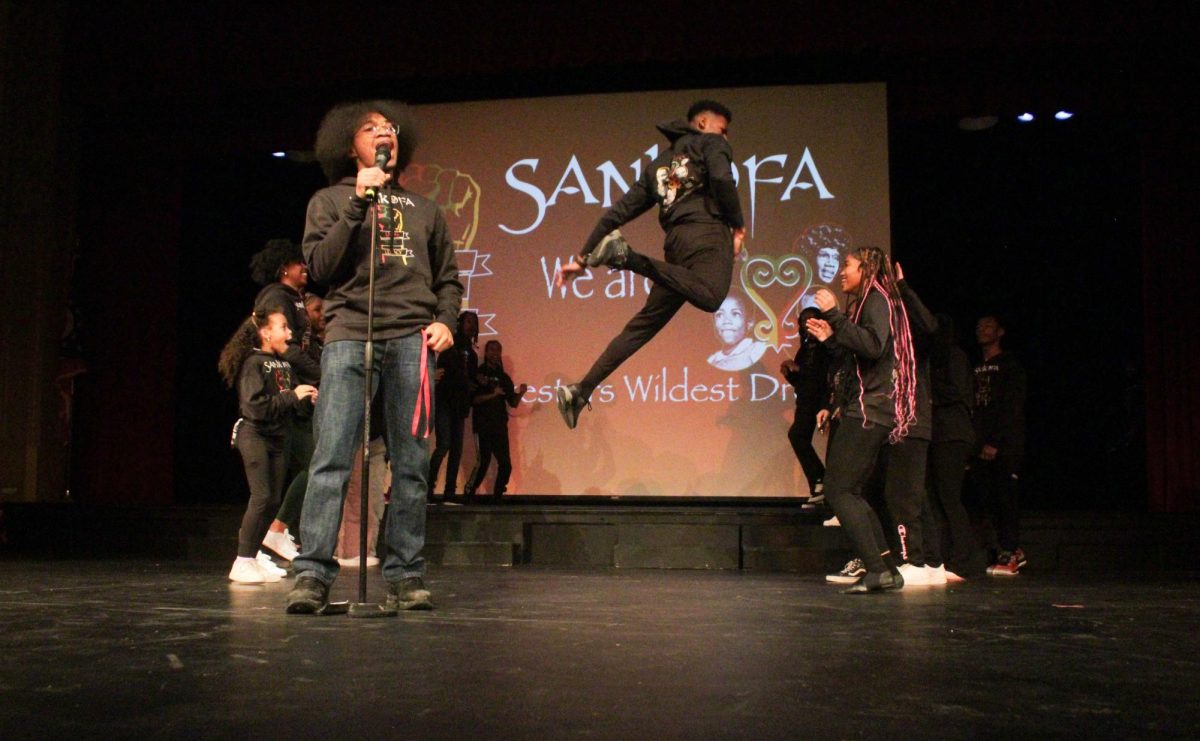lagiarism isn’t limited to research papers, it seems.
Students know that an F awaits them if they don’t give credit to people whose ideas they use.
Apparently, some members of the fashion industry were absent the day their teachers explained plagiarism, and now they need lawyers.
Plagiarism in the fashion industry is not a new idea. When fashion shows originated at the turn of the last century, employees of lower-end stores attended, took notes, and then proceeded to reproduce those items. The practice continues today — did anyone notice that replicas of Catherine Middleton’s wedding dress popped up less than a month after the royal wedding?
In the latest fight over fashion copying, Gucci filed a suit against Guess in 2009, and the trial finally began March 28. The items in question are shoes, both showcasing a design of interlocking Gs. Gucci claims Guess copied the shoe design and wants compensation of $200 million in losses and $124 million in damages.
According to Bloomberg News, Louis Ederer, Gucci’s lawyer, told the judge, “It’s about a massive, complicated scheme to knock off Gucci’s best known and iconic designs.”
Similarities between the companies’ shoes are undeniable, but is Guess to blame?
Elizabeth Plautz, AP Economics teacher doesn’t see it that way. “This isn’t [Guess] passing itself off as another company,” she explained.
“They’re giving the market what they want.”
Although some overlap between designs is inevitable, this case concerns the corporate version of plagiarism — intellectual property, the premise that a person or company can own an idea.
It is difficult to tell where the origins of an idea lie. Don’t great minds think alike? But if they do, is it possible to sue for great minds thinking alike?
As any student who has read a dozen articles for a research paper knows, sometimes it’s hard to tell where someone else’s idea ends and your own begins.
A version of this article appeared in print on 24 April 2012, on page 11 of The Shakerite.






